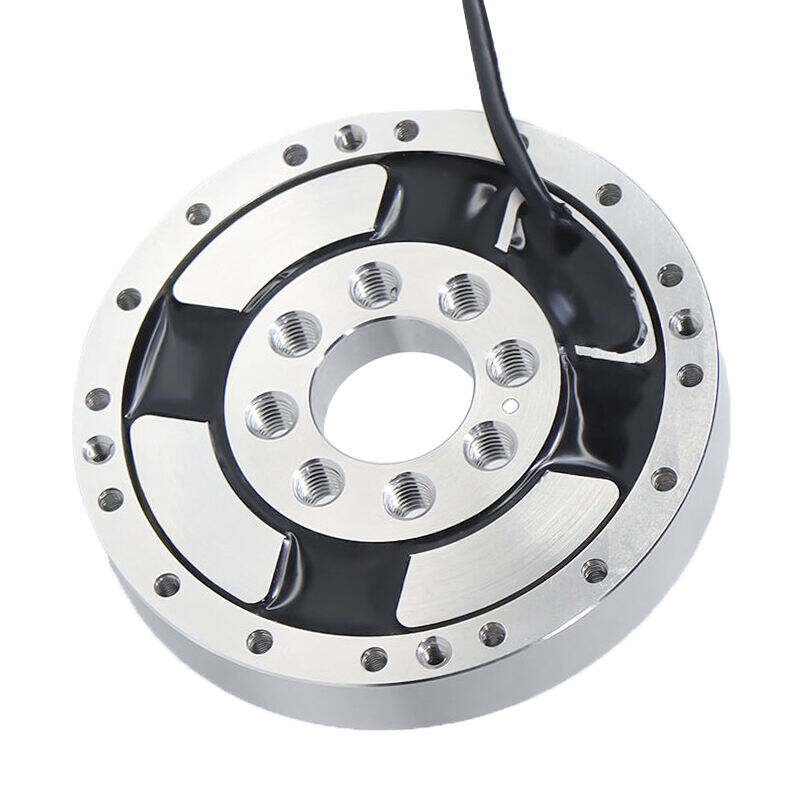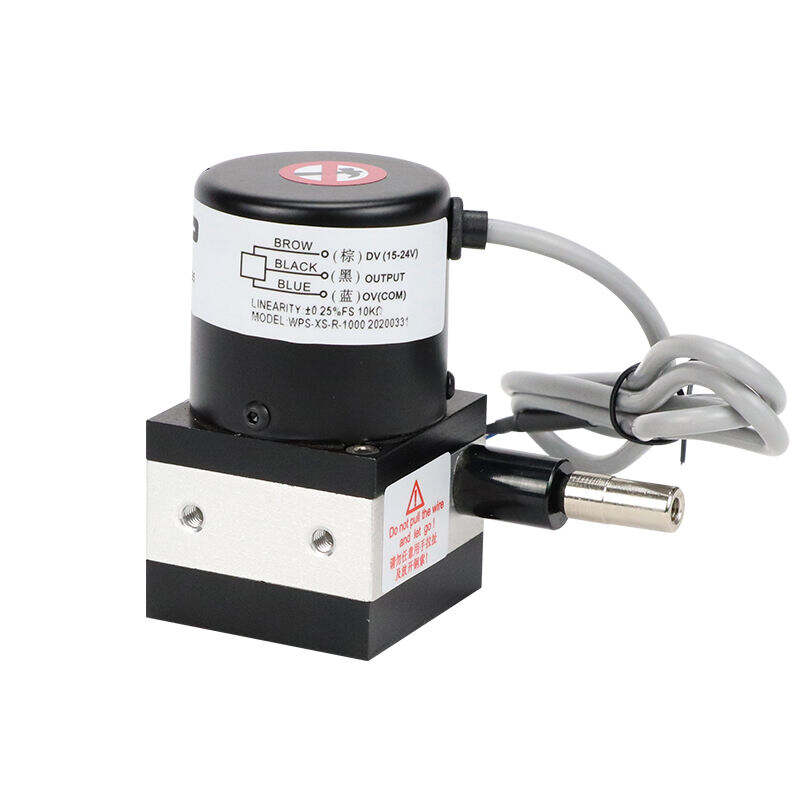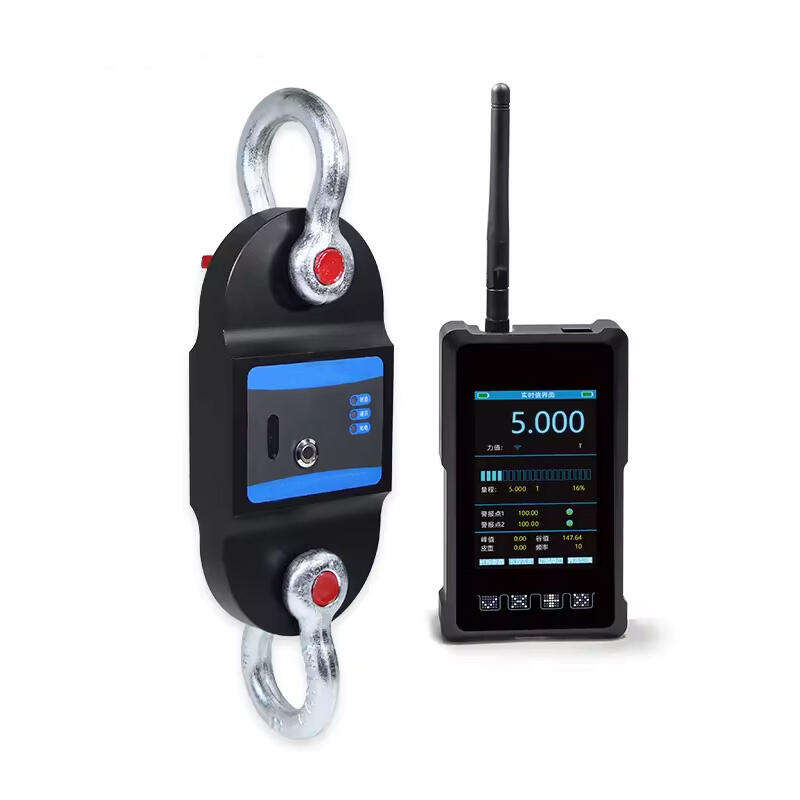Linear potentiometer sensor
A Linear potentiometer sensor is a precision measurement device that converts mechanical position into electrical signals through a variable resistance mechanism. This versatile sensor consists of a resistive track and a sliding contact (wiper) that moves along this track, creating varying electrical resistance proportional to its position. Operating on basic voltage division principles, these sensors provide accurate position feedback in both analog and digital systems. The sensor's design typically includes a robust housing, protecting the internal components from environmental factors while maintaining smooth mechanical operation. Linear potentiometers offer exceptional resolution capabilities, with some models achieving accuracies down to micrometers. They operate across a wide range of motion spans, from a few millimeters to several meters, making them suitable for diverse applications. These sensors excel in industrial automation, robotics, automotive systems, and precision manufacturing equipment. Their ability to provide real-time position feedback makes them invaluable in motion control systems, where precise positioning is crucial. The sensor's output signal is typically proportional to the displacement of the wiper, providing a linear relationship between position and electrical output. This characteristic makes them particularly useful in applications requiring straightforward calibration and interpretation of position data.


